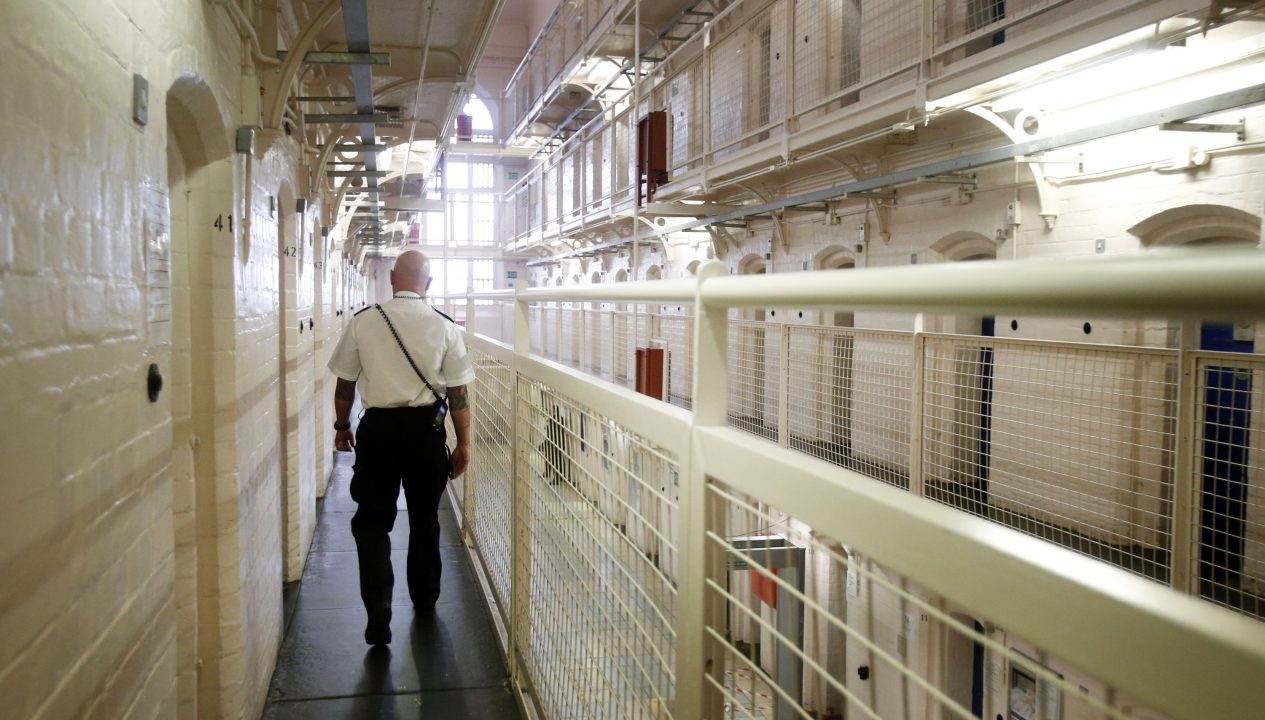One of Scotland’s major human rights bodies has urged ministers to increase pace in the revamp of the country’s prisons and boost access to healthcare for those detained.
In a report to the United Nations, the Scottish Human Rights Commission (SHRC) has pushed the Scottish Government to ensure the prison estate meets “international standards”.
Glasgow’s HMP Barlinnie is due to be replaced with a more suitable facility than the current Victorian-era prison, but the beginning of construction has been pushed back to 2026 and it remains unclear how much it will cost.
The report said there had been “slow action” in Scotland on improving the conditions of prisoners, culminating in an Irish court refusing the extradition of a prisoner last year over fears his human rights could be violated.
“There remains an urgent need to modernise the prison estate and improve certain facilities, including outdoor exercise facilities,” the report said.
“There have been significant delays and growing costs associated with the prison estate programme.”
One of the report’s recommendations urges ministers to ensure prisons are revamped, as well as look at other measure to ease issues with the prison population.
“The commission recommends the Scottish Government and other agencies involved in prison management take all measures necessary to ensure that the prison estate and its management conform to international standards, including investment in alternatives to detention, address court backlogs and expediate prison redevelopment to ensure that all prisons in Scotland are fit for purpose.”
Access to healthcare in prisons is also raised in the report, with the SHRC saying the issue, in particular access to mental healthcare is “of significant concern”.
“The commission recommends that the Scottish Government act urgently to ensure that all prisoners in Scotland have access to appropriate physical and mental healthcare in line with the right to health and other international standards,” the report said.
Jan Savage, the executive director of the commission, said: “It is clear that whilst good work is ongoing in Scotland to develop a stronger legal framework around economic, social and cultural rights via the proposed Human Rights Bill, progress on civil and political rights must not be forgotten.
“Indeed, our findings highlight some significant areas of concern and systemic lack of progress on known challenges.
“The Scottish Government urgently needs to take action to implement its own long outstanding recommendations to improve conditions across the prison estate; and take all measures necessary to ensure it meets international human rights standards, including protecting the right to life, and remedy when things go wrong.”
The wide-ranging report also pushes for the Scottish Government to look again at gender recognition reforms, urging ministers to engage with “opponents to reform with a view to address the polarisation of debate, which is causing harm to transgender people, the wider LGBT+ community and for women and girls, regardless of their individual policy views”.
A previous Bill passed by MSPs in 2022 was blocked by the UK Government over fears of its impact on reserved matters, but the commission has pushed for work to be done on changes that can be made within the devolution settlement.
A Scottish Government spokesperson said: “The safe treatment and mental health of all those in custody is a priority and we are taking action to address the high prison population by making the best use of the current prison estate and sourcing additional prisoner places.
“We are increasing investment in our vital prison service by 10% to £436.6m and providing £148m next year, an increase of £14m, to encourage community justice interventions that are more effective than short custodial sentences at reducing reoffending.
“We are investing in modernising the prison estate, and opened a new female prison at HMP Stirling and two community custodial units for women. Replacements for HMP Inverness and HMP Barlinnie are also being progressed. There has been progress to prevent deaths in custody, as a recent report highlighted, that crucially put families at the centre of this work.
“We have provided additional funding and increases in remuneration for legal aid, investing £31 million since 2021. The use of remand is a matter for independent courts.”
Follow STV News on WhatsApp
Scan the QR code on your mobile device for all the latest news from around the country


 PA Media
PA Media
























